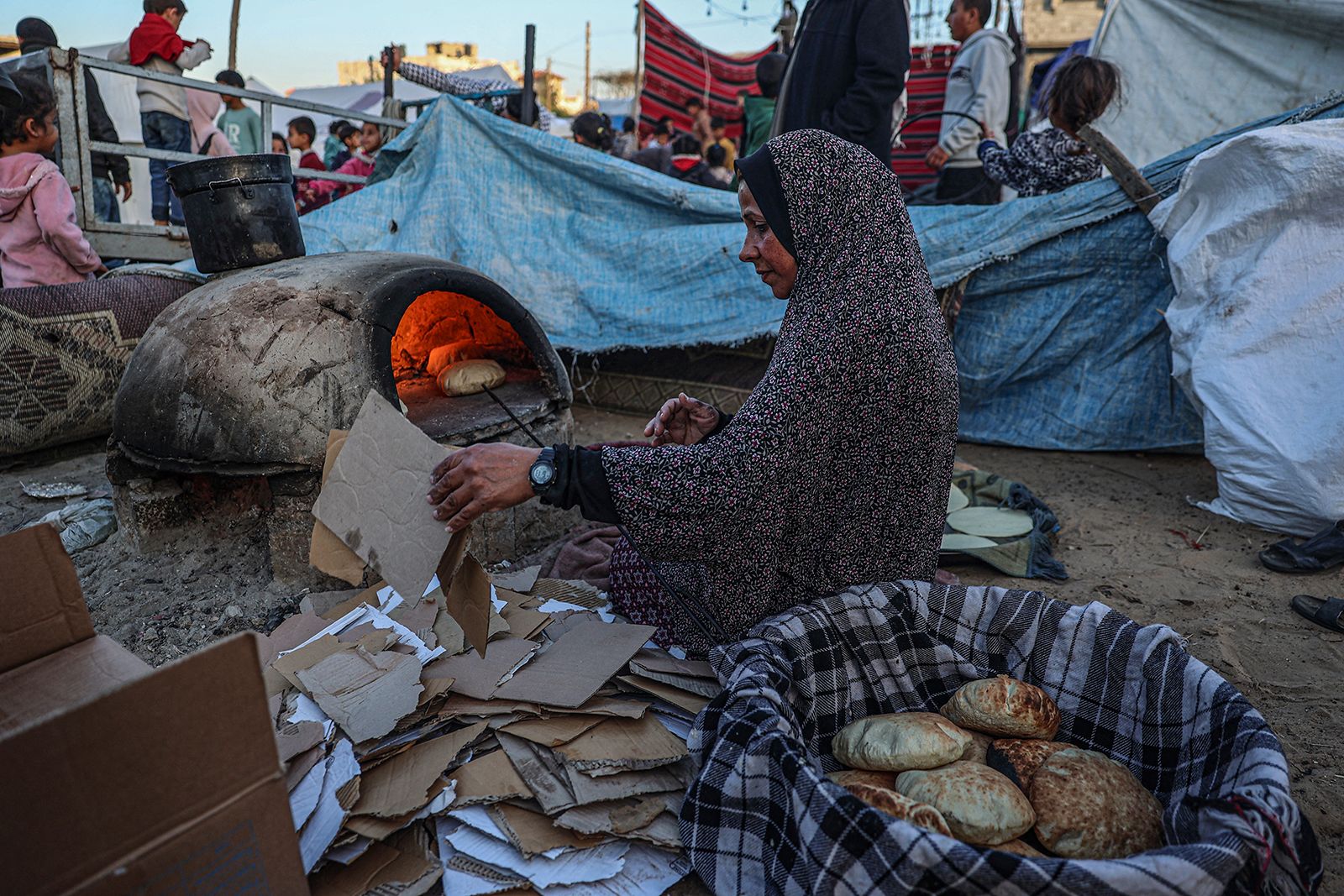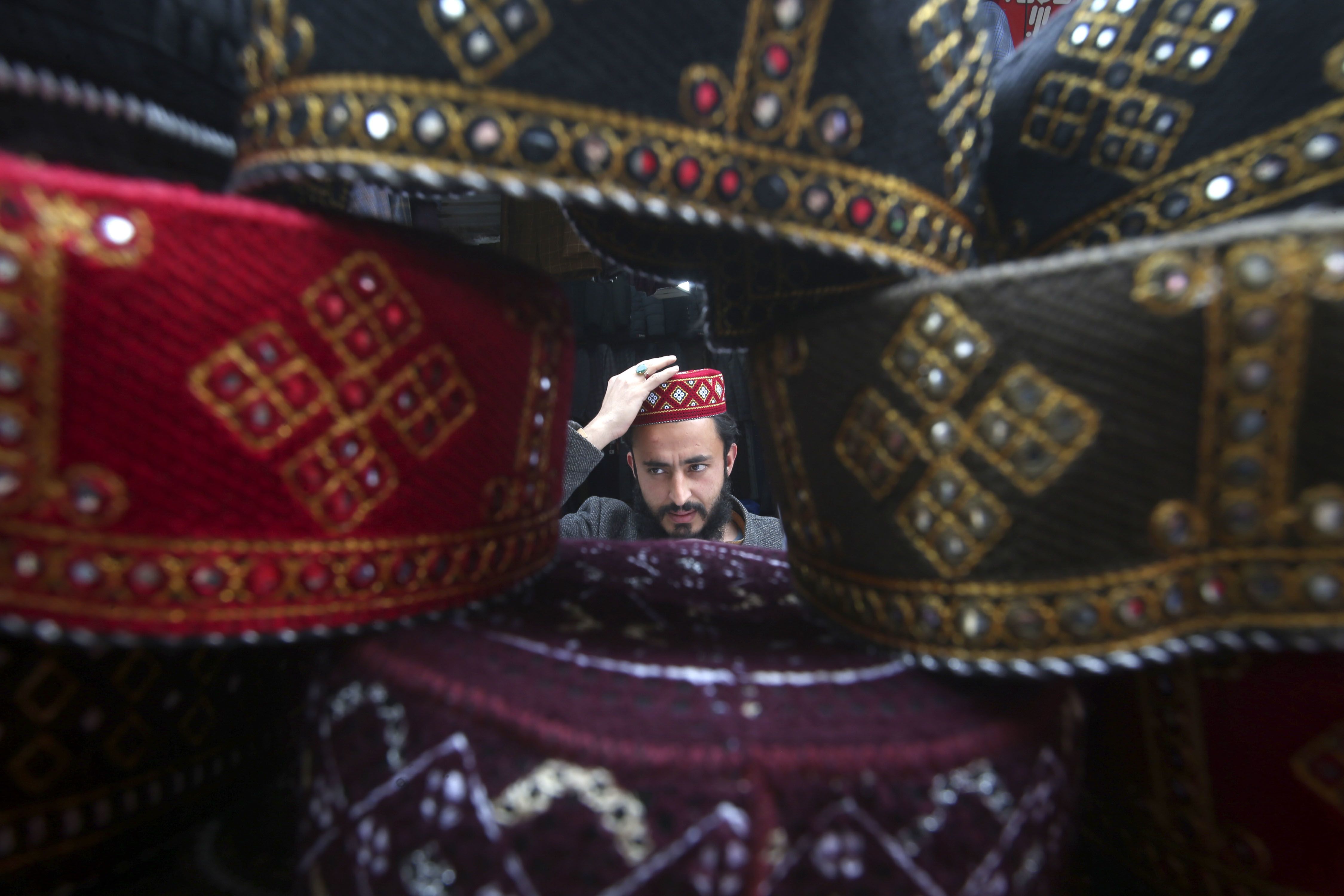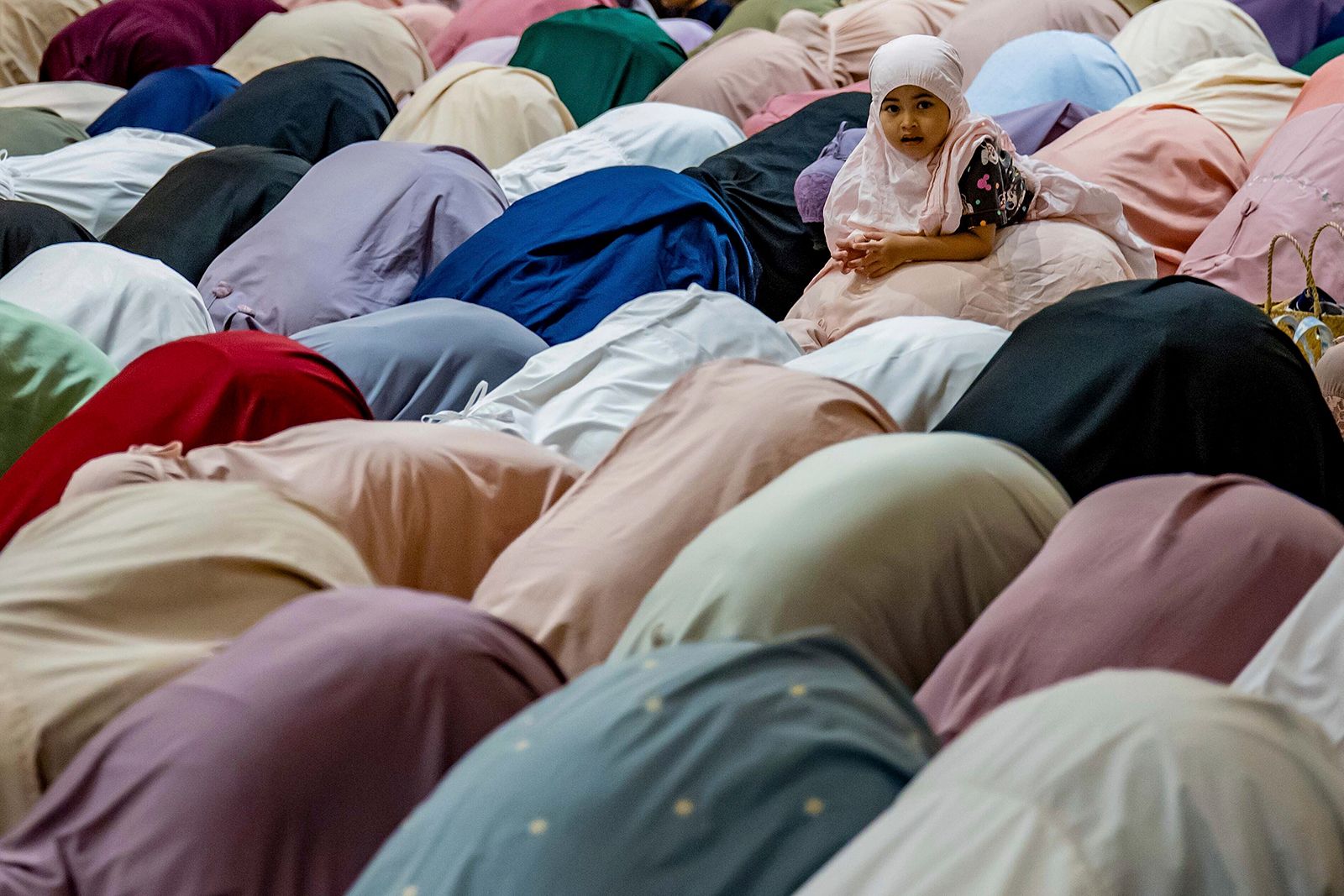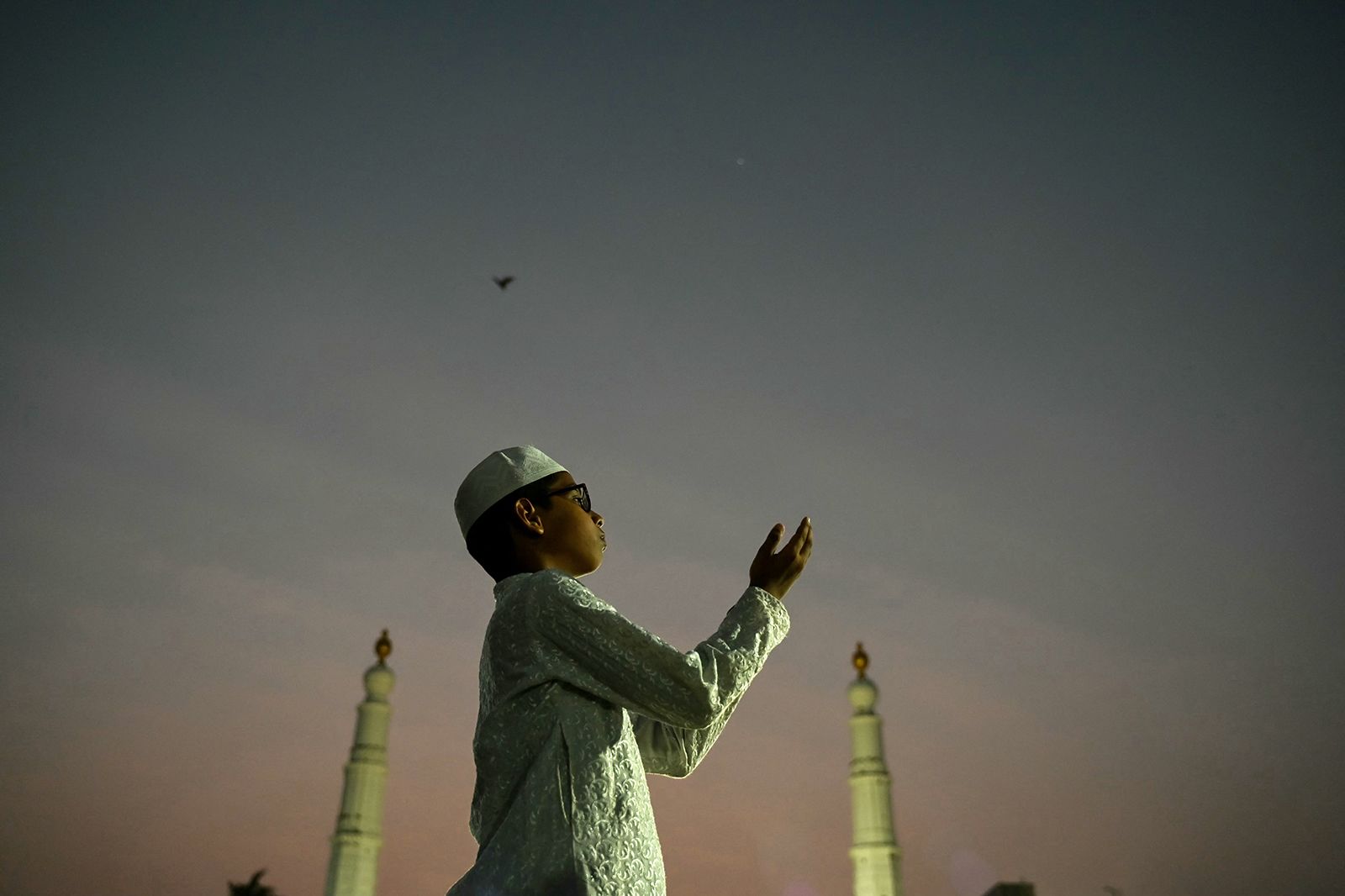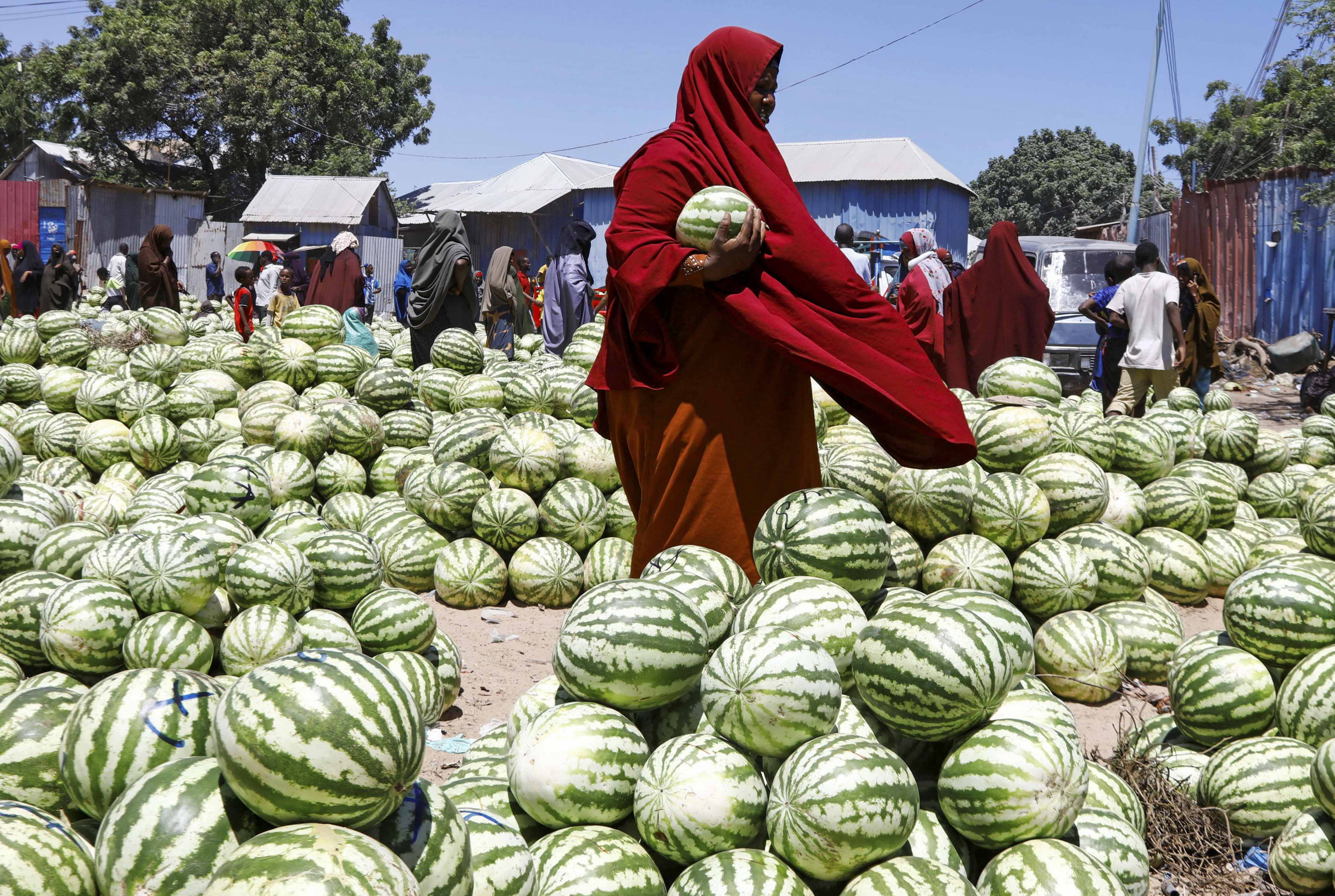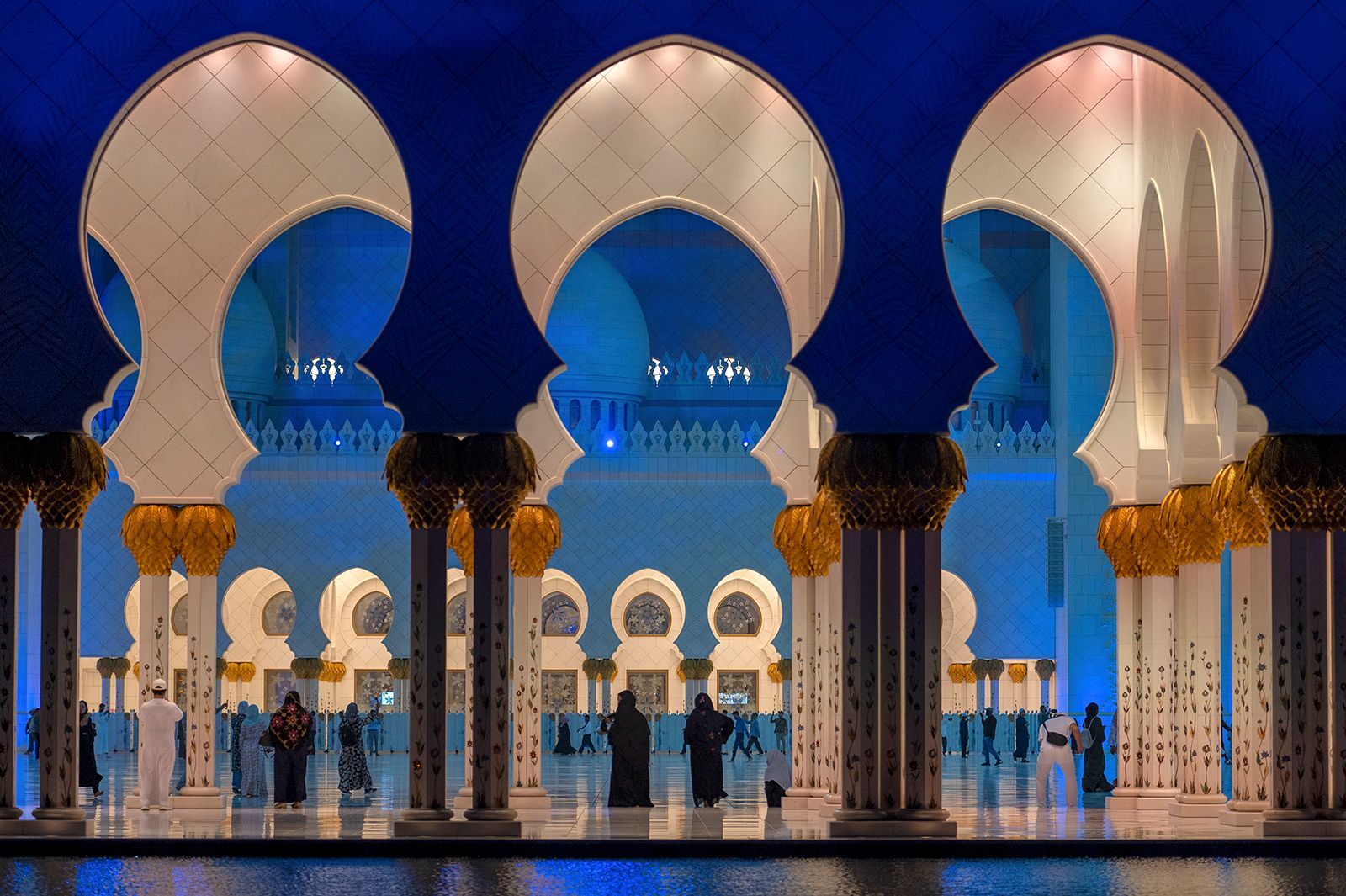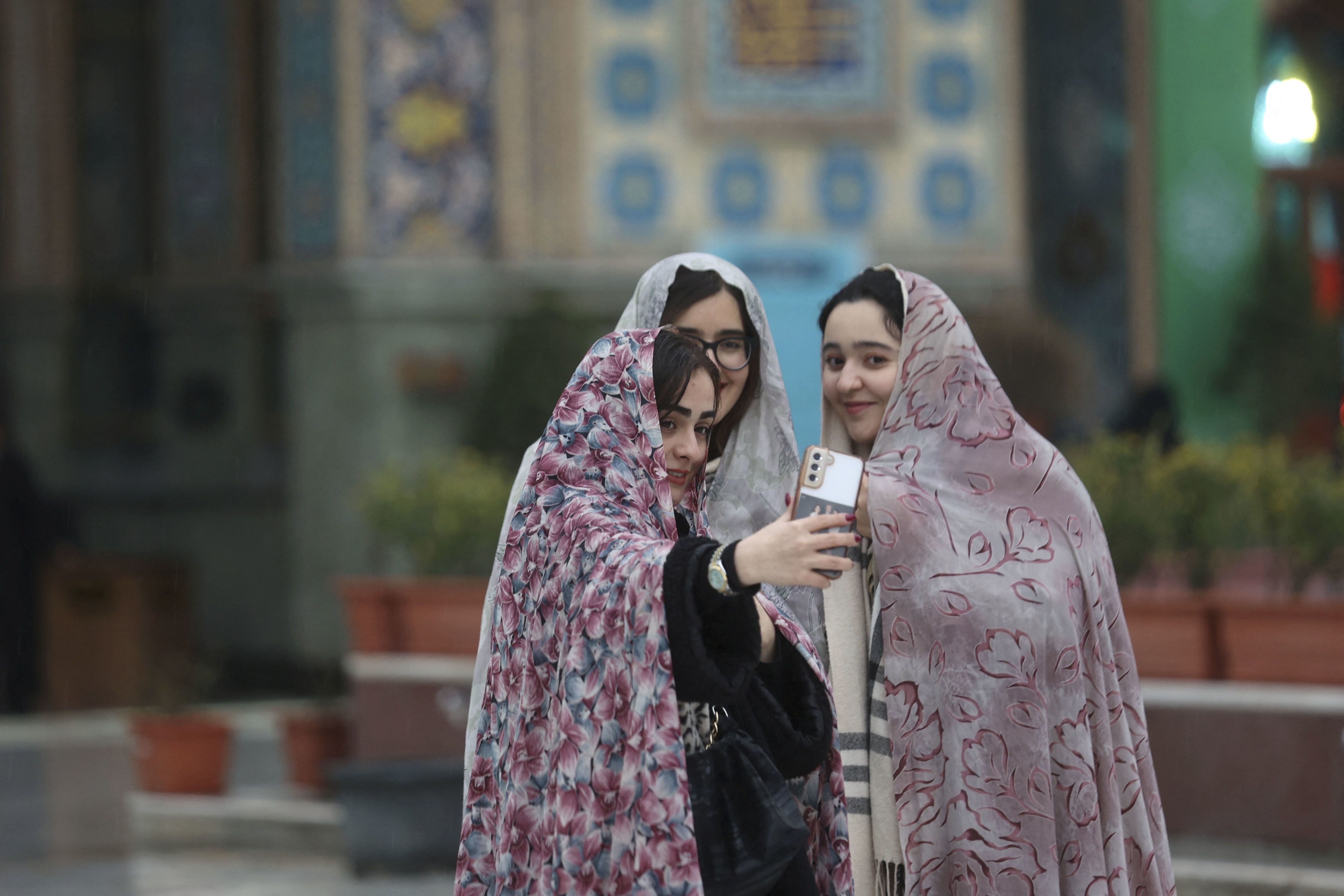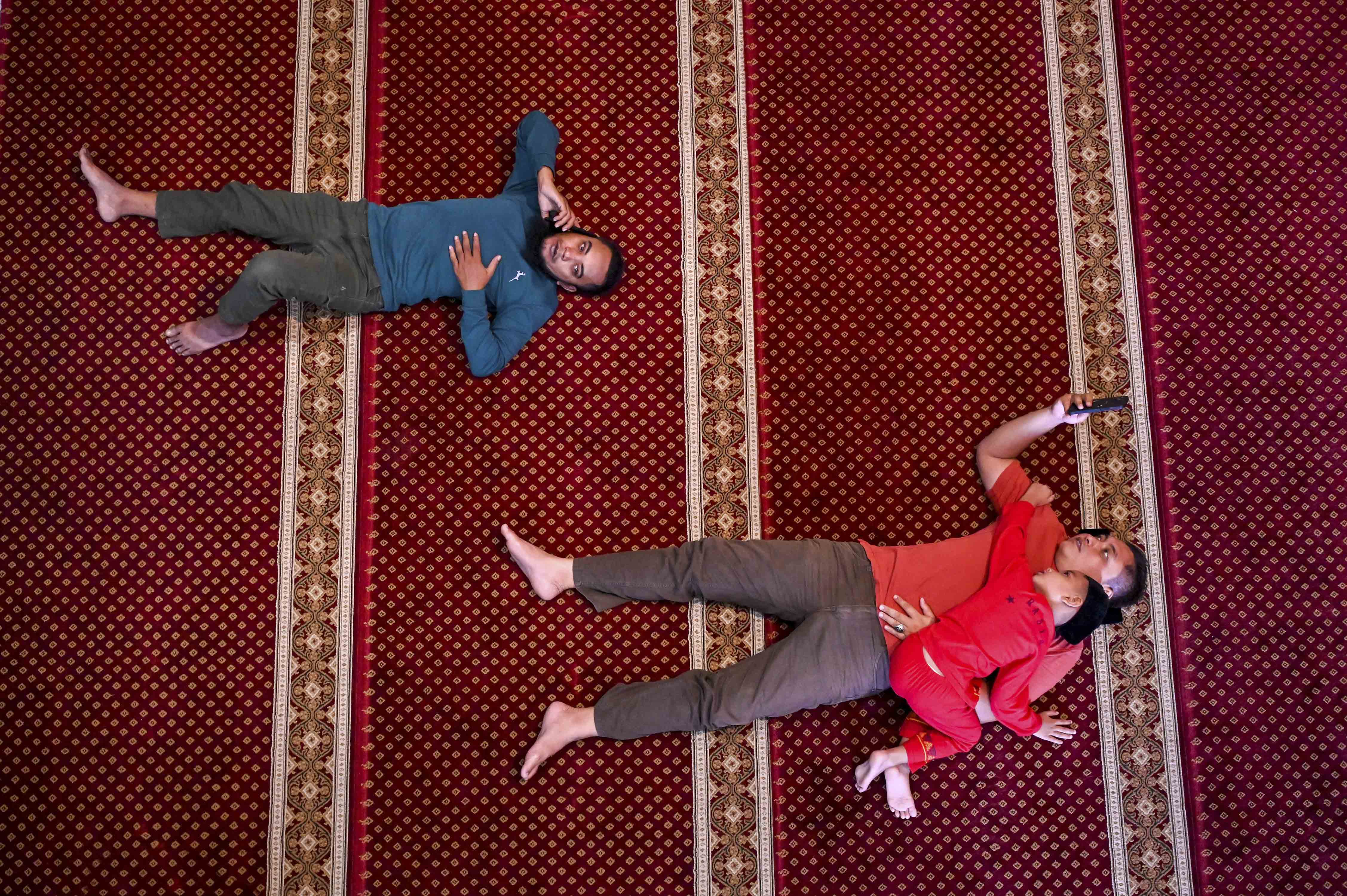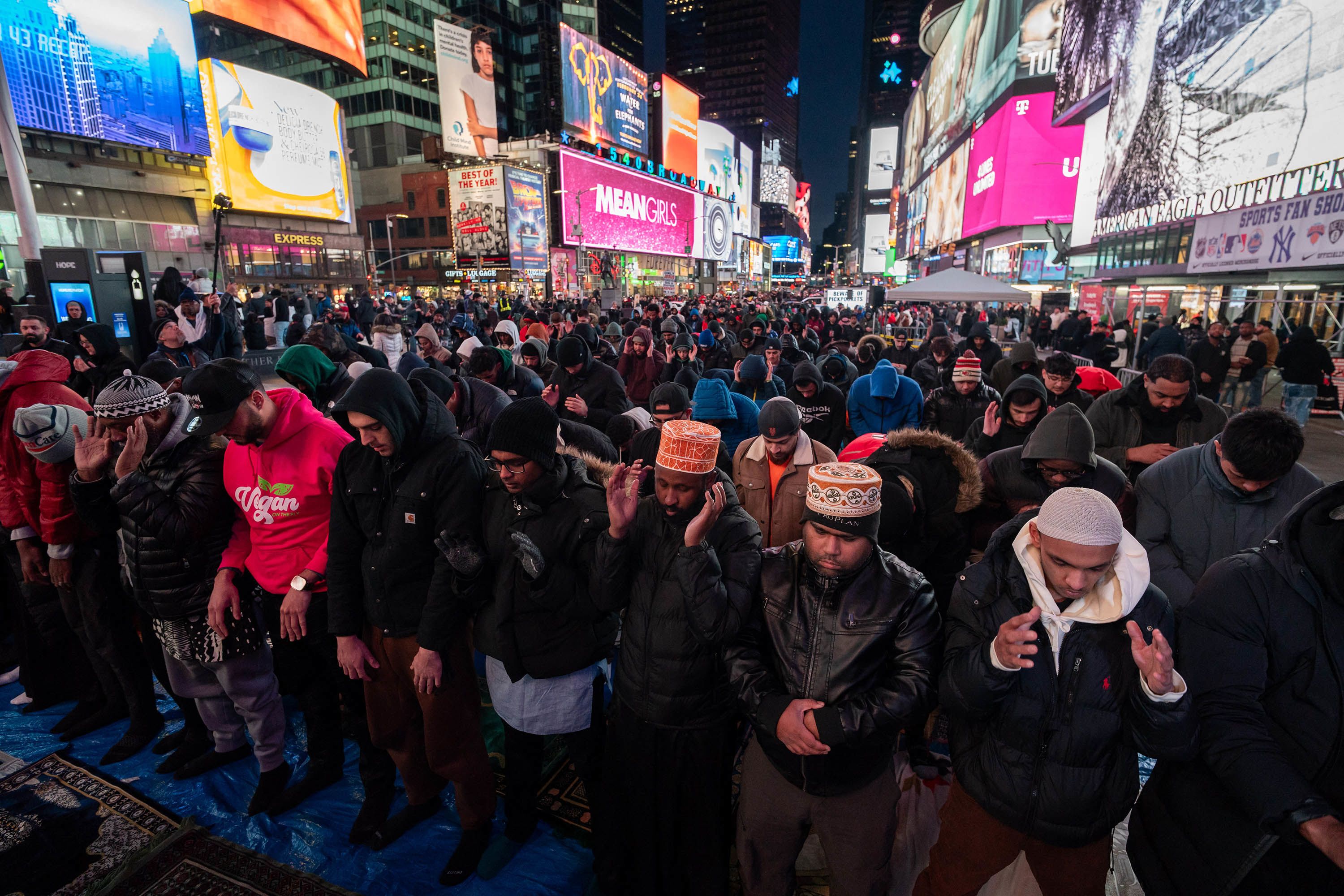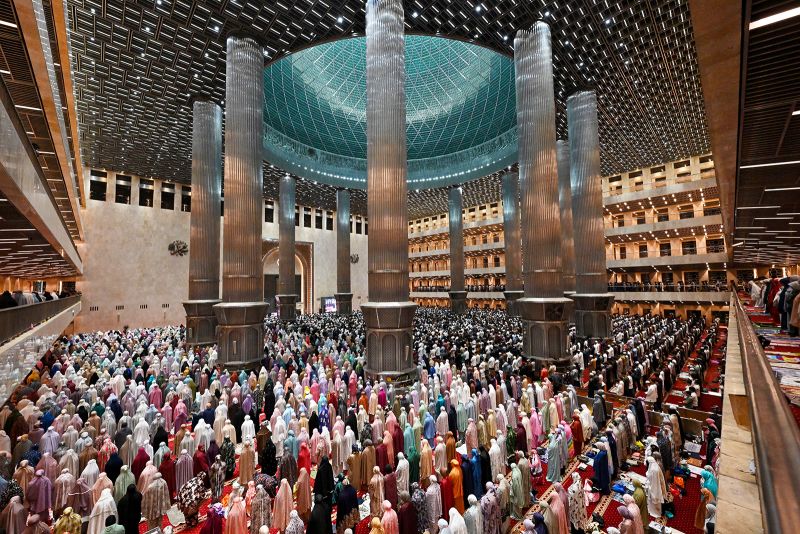Understanding Ramadan: A Sacred Month in Islam
Monday, March 11, marked the beginning of the Muslim holy month of Ramadan, a significant observance in the Islamic calendar which is year 1445. The tradition originated in the seventh century and commemorates the month when the Prophet Mohammed retreated to a cave north of Mecca for spiritual contemplation.
Significance of Ramadan
During Ramadan, Muslims around the world engage in prayer and spiritual reflection. They observe fasting from dawn until sunset by abstaining from food, drink, and other physical needs during daylight hours. This sacred month encourages self-discipline, spiritual growth, and community togetherness.
The Importance of Night Prayers
As part of their observance, Muslims perform nightly prayers known as Taraweeh. This practice allows them to connect deeply through spiritual reflection and community gathering.
The Final Nights of Ramadan
Ramadan is the ninth month in the Islamic calendar and is believed to hold special significance, particularly during its last 10 nights. The Quran reveals that the first verse was given during this time, specifically on a night often referred to as Laylat al-Qadr, or the Night of Power. The Quran describes this extraordinary evening of worship as “better than a thousand months.”
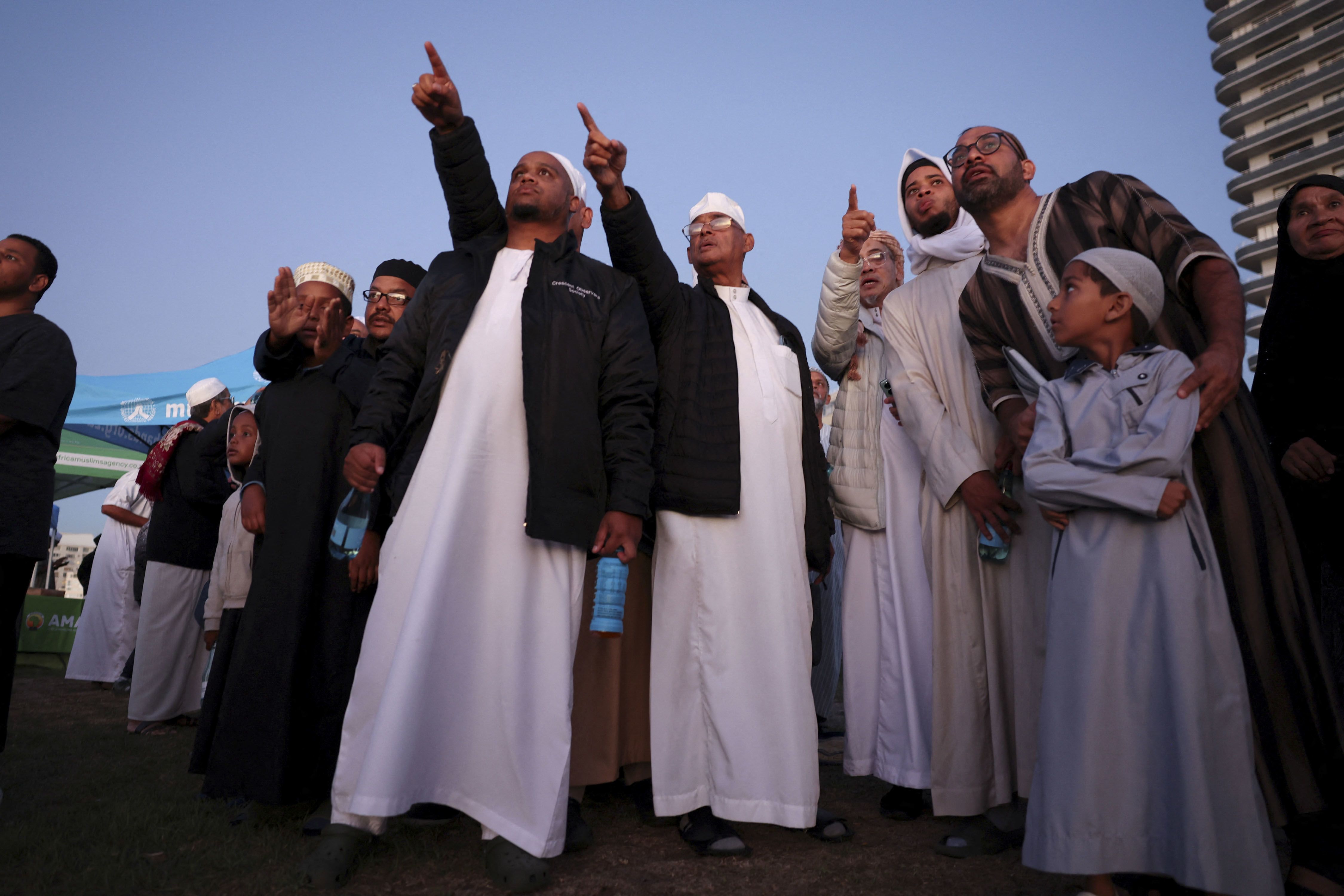
In addition to prayer and fasting, many Muslims engage in charity and community support. This act, known as Zakat, is seen as a key practice during Ramadan, symbolizing generosity and compassion.
